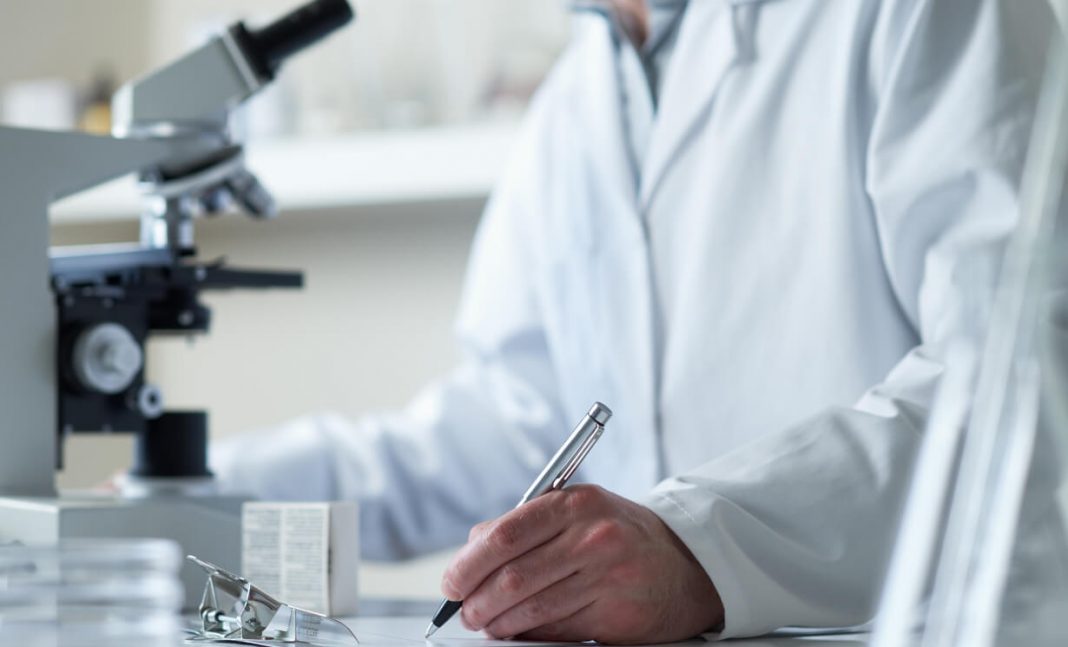Though they accounted for just 4.1% of researchers globally and received less investment on research activities, the UK academics accounted for 9.9% of global downloads, 10.7 % citations and 15.2 % of the world’s most highly cited articles, statistics show.
The UK Universities website published a report on 9 February 2018 which aimed to estimate the role of British researchers in the global scientific community.
The UK’s ratio of researchers per million people is low. In 2015, the UK had 4,471 researchers per one million citizens, being ranked outside the top 10.
But, despite being few in number compared to their peers in other big countries, and absorbing less money from the Government, the UK academics shared a significant part of scientific global research work.
The UK research programs rely much on foreign staff whose numbers have increased in year-on-year trend.
Foreign staff share the highest portion of researchers in the UK. In contrast, in 1981, 90% of researchers were native.
UK universities in 2016 were also engaged in many international collaborations, where often played a central role. Six out of twenty biggest international collaborations they had were with European research partners.
Research activities brought a larger income to the UK universities along the way. In 2015-16, British universities earned $7.8 billion from their research activities, mainly from non-government sources.
Knowing that $840 million came from EU compared to $440 million coming from non-EU sources, it is very interesting to look at how the post – Brexit atmosphere will indicate the UK’s research programs.
Despite their researchers being world-class, surprisingly British expenditure on research activities is smaller compared to what they have achieved.
In 2015, just 1.7% of their GDP was share to research programs, below the OECD average (2.4%). In November, the British Government said it will be committed to sharing higher amount of money to increase its GDP expenditure on research activities by 2027, equaling the OECD average.

